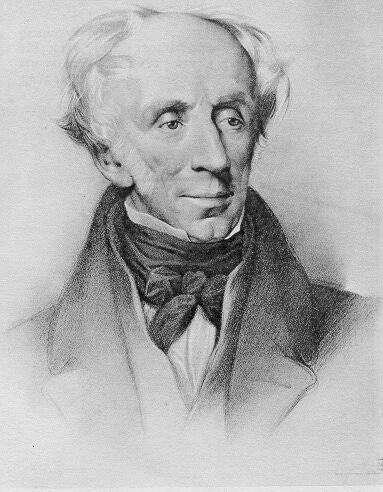Wordsworth’s poetry derives its strength from the passion with which he views nature. Wordsworth has grown tired of the world mankind has created, and turns to nature for contentment. In his poems, Wordsworth associates freedom of emotions with natural things. Each aspect of nature holds a different meaning for Wordsworth. ‘The beauty of morning; silent, bare’ (5:WB*)
A main source of interest for Wordsworth is the absence of an unnatural presence, such as a city. In his sonnet, ‘Composed upon Westminster Bridge, September 3, 1802’, Wordsworth views London at the break of dawn, admiring the serenity and artistic impact of the scenery.
‘A sight so touching in its majesty;’ (4:WB) He finds it an almost spiritual experience by simply observing the stillness of the morning. ‘Dear God! the very houses seem asleep;’ (13:WB) Just as Wordsworth finds fulfillment in nature, he also finds disgust in the world’s neglect of nature.
His sonnet, ‘The World Is Too Much with Us’ deals primarily with his dissatisfaction with the world. Wordsworth criticizes mankind for misdirecting its abilities.
‘Getting and spending, we lay waste our powers’ (2:TW) Wordsworth also hopes that the world would find more of itself in nature, similar to his desire for his sister in his poem, ‘Lines Composed a Few Miles Above Tintern Abbey’, to gain an interest in nature. ‘For this, for everything, we are out of tune;’ (8:TW)
Wordsworth also makes reference to the Greek gods of the sea in this sonnet, who are associated with the pristine nature of the world.
The gods represent a time when people were more vulnerable and exposed to nature, and through adversity have learned to respect nature. ‘I’d rather be / A Pagan suckled in a creed outworn;’ (10:TW) In the sonnet, he contrasts nature with the world of materialism. He implies that we are insensitive to the richness of nature, and that we may be forfeiting our souls.
‘We have given our hearts away, a sordid boon!’ (4:TW) Like many other Romantic writers, Wordsworth sees nature as an emblem of God or the divine and his poetry often celebrates the beauty and spiritual values of the natural world.
He seeks to break the pattern of artificial situations of eighteenth-century poetry, which had been written for the upper classes, and to write in simple, straightforward language for the common man.
Wordsworth takes apparently insignificant moments and, by observation and contemplation, raises them to illuminations of experience. Wordsworth once defined poetry as the ‘spontaneous overflow of powerful feelings,’ and intense ’emotion recollected in tranquility.’
Abbreviations:
WB – Composed upon Westminster Bridge, September 3, 1802
TW – The World is Too Much with Us
TA – Lines Composed a Few Miles Above Tintern Abbeys

